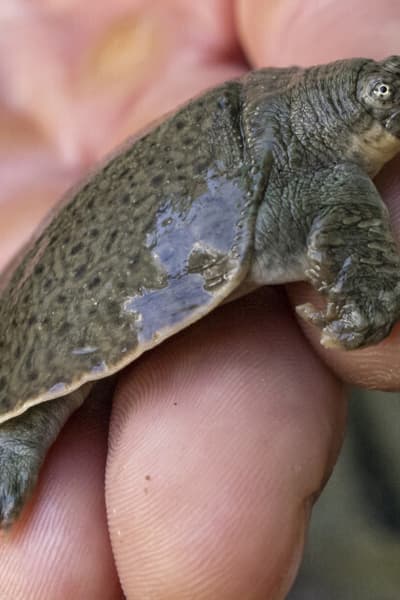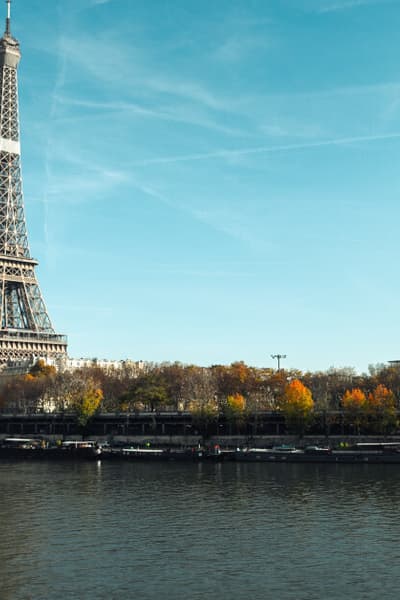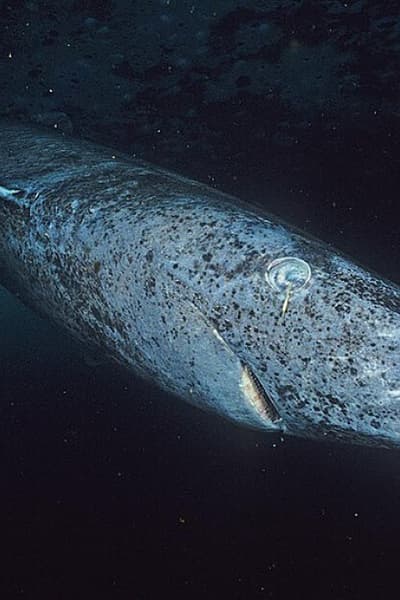The UK will become the first nation to produce a complete map of its blue carbon stores, thanks to a new, pioneering project.
The Blue Carbon Mapping project – led by the Scottish Association for Marine Science (SAMS) and funded by WWF-UK in collaboration with The Wildlife Trusts and RSPB – builds on the blue carbon mapping that began in Scotland.
What does the project aim to do?
The project aims to address this scientific blind spot, paving the way for better understanding and protection of the UK’s blue carbon habitats. Scientists will assess the carbon storage and sequestration potential of all UK seas, as well as within Marine Protected Areas (MPAs).
With two-thirds of the UK underwater, the study will be critical in helping the UK achieve its commitments to achieving net-zero and to protect at least 30% of UK seas for nature by 2030.
Understanding and mapping blue carbon stores will allow UK Governments to plan and prioritise how we use our marine environments in the future. This includes exploring the impacts of human activities on blue carbon stores.
Currently, natural marine carbon stores are thought to be vulnerable to various pressures which can cause them to be disturbed, damaged, or removed entirely. They include bottom-towed fishing gear – used by certain fishing activities such as the scallop industry – and developments at sea and along our coasts – such as offshore energy.
[Sign up here to receive a weekly dose of positive news in your inbox]
Dr Simon Walmsley, Chief Marine Advisor at WWF-UK, said: “More than two thirds of the UK is under the sea, yet carbon accounting stops on land, creating a substantial blind spot around the carbon storage capacity of UK seas. We need to learn more about this and fast to stop vital marine carbon stores being damaged by human activities.
“This data will be vital for a range of industries, for futureproofing UK fisheries, and for tackling the climate and nature crises.”
The UK Blue Carbon Mapping project will complete essential research in three regional phases – English Channel/Western Approaches, Irish Sea and Scotland (with the North Sea assessment completed and published last year) – before combining these into a UK summary in 2023.
Inspired to act?
SUPPORT: Find out more about the project and how you can get involved on its website.



